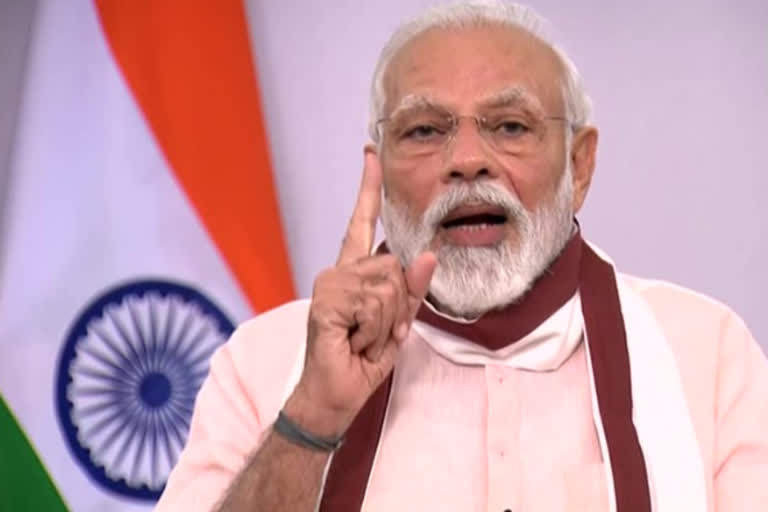New Delhi: Small and Medium industries have been hoping for a timely and proper implementation of the stimulus package announced by finance minister Nirmala Sitharman for the SME sector today, saying that a lot will depend on how the government departments and financial institutions will actually implement the package.
“The package is good at this juncture but a lot will depend on how it will be rolled out by banks and government departments,” said Chandrakant Salunkhe, President of SME Chambers of India.
Finance minister Nirmala Sitharaman Wednesday announced six specific schemes for the SME sector to help them in the times of Covid outbreak. It includes a Rs 3 lakh crore collateral free loan with one year moratorium on payment of principal.
Nirmala Sitharaman also revised the definition for MSME units and removed the distinction between manufacturing and service sector companies. Under the new definition, entities having turnover of up to Rs 1 crore, 50 crore and 100 crore will be classified as micro, small and medium industries respectively. However, it failed to satisfy the demands of the sector.
Read more: COVID-19 Relief Package: Big decisions for MSMEs, implementation will be key
“We have suggested that it should be Rs 5 crore, 75 crore and 250 crore respectively,” Salukhe told ETV Bharat. “In that sense we are a bit disappointed as our demands haven not been fulfilled.”
“If we want to compete globally then our definitions of the SME sector should have been as per global standards,” he said.
He also said that the government should ask the banks to automatically restructure the bad loans or NPAs in the SME sector without the requirement for a lot of documentation.
Salunkhe, who has been closely involved with the issues of the SME sector,underscores the prevalent suspicion in the banking sector against SMEs that may impinge on the proper rollout of the SME relief package announced by finance minister Nirmala Sitharaman on Wednesday.
"The problem is that in case of bad loans in the SME sector, banks consider us as wilful defaulters, which is not true," Salunkhe told ETV Bharat.
Auto sector demands lower GST rates to boost demand
Vinnie Mehta of Automobile Component Manufacturers Association (ACMA) says the collateral free loans will be helpful for companies in managing their working capital requirement and it was a positive development for the industry.
He, however, said that the industry was waiting for those measures that will boost the demand as automobile and auto component manufacturers have been facing a low demand even before the outbreak of Covid pandemic this year.
Mehta said nearly 60% of the total $57 billion auto component industry is taxed at 18% GST and 28% GST slab is applicable on the remaining 40% production.
“We have been demanding that the entire auto industry should be taxed at 18% GST, both auto and auto component industry,” Mehta told ETV Bharat, adding that lower GST rates will help in demand generation
(Article by Krishnanand Tripathi)



